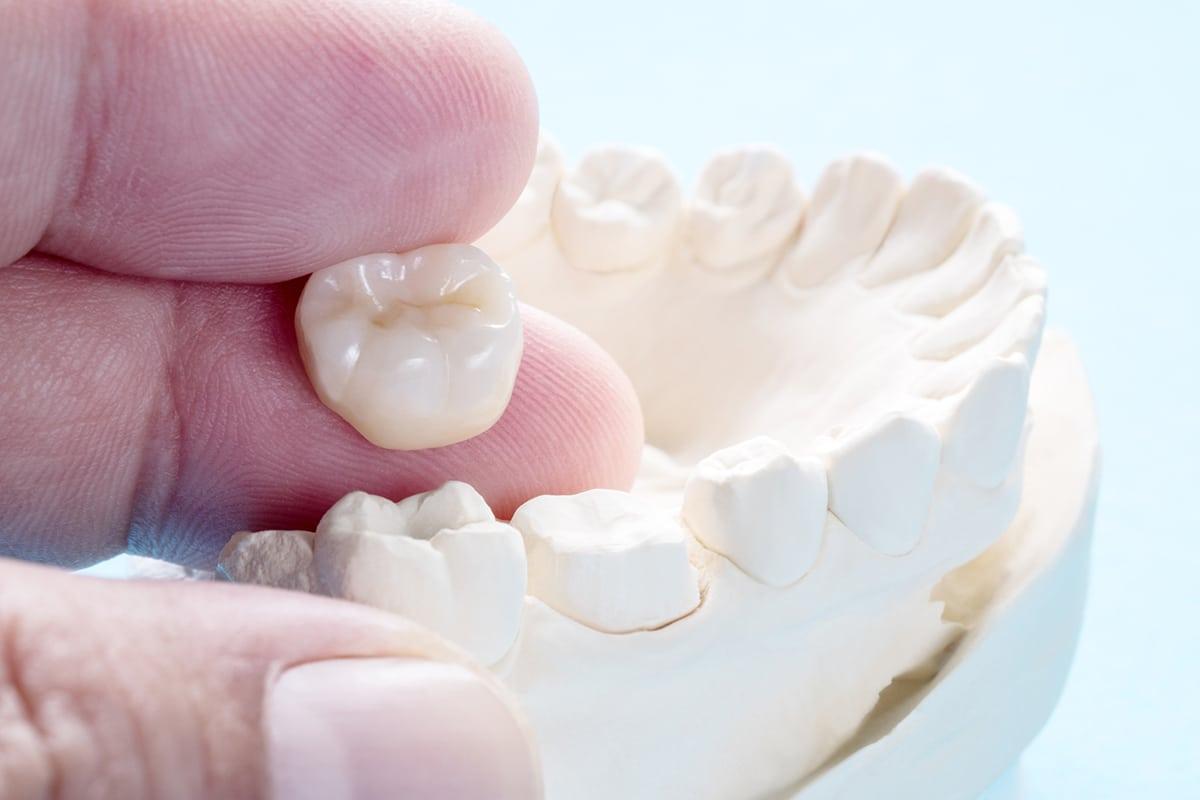
-
624 Views 0 Comments 0 Likes

When you had your dental crown several years ago, you may have seen it as a permanent restoration. Then, when eating something hard, you feel your crown fall off your tooth! Your mind and pulse begin to race, and you realize your smile is now incomplete.
What should you do when that happens to you? Here is a brief guide to dealing with the situation and keeping your gorgeous smile intact.
1. Don’t Panic
Although having a crown extracted can be frightening, unexpected, or even painful (depending on the situation), try to remain calm. Make sure you consider the next few things you should do to protect your tooth. Rash decisions and actions will only put your tooth at risk of infection or further harm. So take a big breath and try to recall what you're supposed to do.
2. Call Your Dentist
If you lose a dental crown, you have two options: call your dentist or emergency dental care. Both have the skills and equipment to fix the problem.
Calling them right away allows you to secure the next available appointment slot. They can also offer guidance tailored to your unique circumstances. As a result, the situation can be rectified as soon as feasible.
3. Find and Clean the Crown
After calling your dentist, try to find the crown and rinse it with clean water. After it left your lips, it could have come into contact with dirt or something else. Usually, a simple rinse is enough.
If you don't know where the crown is because you swallowed it or misplaced it in another way, don't worry too much. Your tooth can be repaired with another crown.
4. Cover the Tooth
When a crown is removed, the tooth underneath becomes exposed to oral bacteria and weaker, thereby increasing the risk of further injury, necessitating some form of protection. If you have a crown, apply a small amount of toothpaste to it before placing it over the tooth. If your crown is completely lost, you can use sugar-free gum to preserve the susceptible tooth.
5. Understand Your Possible Treatment
Although dental crowns are intended to survive for many years, their life expectancy is nevertheless restricted. If you've had a crown for a long time, it may have been worn or damaged from everyday use, necessitating a replacement. If a crown is still good, your dentist may just reconnect it.
You can't always forecast this type of dental emergency, but knowing what to do ahead of time will provide you with peace of mind if it does.
Now when you know what to do if your dental crown falls off, you may be wondering why it fell off in the first place and how you can prevent it from occurring again.
Dental crowns may fall off for several reasons. Here are the most common:


